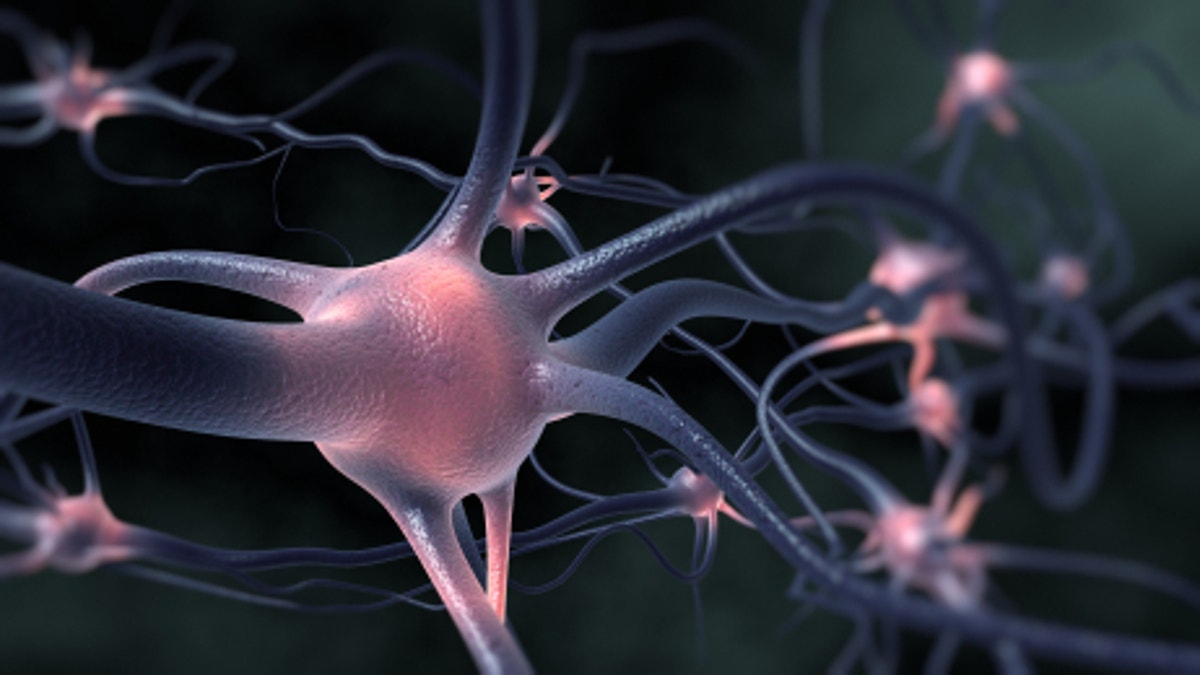
Scientists at the Fisher Center for Alzheimer’s Research Foundation have identified a molecular pathway that may be protective against Alzheimer’s disease.
The pathway, a series of naturally occurring molecular steps, was found to decrease the production of beta amyloid, which contributes to Alzheimer’s disease symptoms like memory loss. Beta amyloid are protein pieces that gradually build into plaques, which spread in the brain’s cortex as the disease progresses. Plaques and tangles, which destroy vital cell transport, begin to form in brain areas involving learning, memory, thinking and planning— before symptoms can be detected. According to the Alzheimer’s Association, the most damaging form of beta-amyloid may be groups of a few pieces, rather than the plaques themselves that block cell-to-cell signaling at synapses.
Alzheimer’s disease, the most common form of dementia, causes problems with memory, thinking and behavior. It is the sixth leading cause of death in the United States, according to the Alzheimer’s Association, and there is no cure.
The latest findings from the Fisher Center focus on a protein, WAVE 1, that was found to be important in the production of beta amyloid. Their work showed that reducing WAVE 1 appears to have a protective effect against Alzheimer’s.
“This finding is significant as it provides an opportunity to create new treatments that will protect the brain by activating the pathway we discovered, which will prevent beta amyloid formation,” Nobel Laureate Dr. Paul Greengard, director of The Fisher Center for Alzheimer’s Research, said in a news release.




















